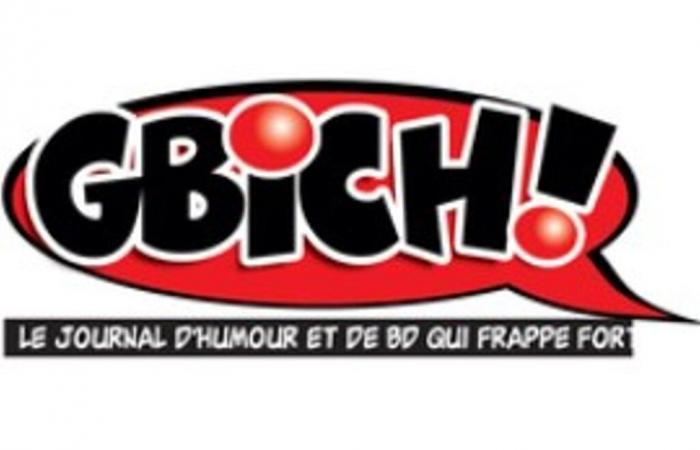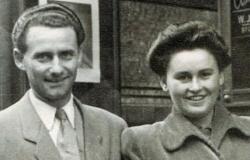On January 7, 2015, the attack against the editorial staff of Charlie Hebdo caused a shock among cartoonists around the world. In Ivory Coast, the editorial staff of Gbich!the country’s main satirical newspaper, reflected on the “red lines” not to cross. And « before and after “Charlie” », as reported by Lassane Zohoré, publishing director and member of Cartooning for Peace.
How did you experience the attack on Charlie Hebdo?
I was shocked. I was on my way to the weekly meeting of the Ivory Coast press publishers group when I heard the news. The shock forced us to cancel our meeting. We had to understand. The questions piled up. Why were our colleagues murdered? Was it because of their drawings? All this was incomprehensible, astonishing.
For my part, I questioned myself a lot. I discovered that my job was dangerous. Of Charlie HebdoI knew the work. I met Tignous in Geneva during an event. Furthermore, Willem had done us the honor, twice, of participating in my drawing festival in Abidjan.
Your newspaper is the main satirical media of the Ivorian press. Did you feel threatened as a cartoonist in Ivory Coast after the attack?
Some people sensitive to the theses defended by the terrorists attacked us online. Posts, fortunately in the minority, maintained that the cartoonists of Charlie had looked for it. However, I remained confident because, in Côte d’Ivoire, we have a deeply rooted culture of self-deprecation.
The only time the editorial team felt in danger was during the military transition of General Robert Gueï [décembre 1999 – octobre 2000]. When he decided to run for president, we headlined: “Gueï dribbles everyone”. Our drawing depicted him overtaking civil society and political actors.
As soon as the newspaper was published, soldiers tried to locate our offices in Abidjan. But it didn’t go any further. We told ourselves that the Ivorians would not accept that we were arrested for a drawing. Of course, like many journalists, for years I received threats by telephone when I caricatured former President Laurent Gbagbo. I was accused of not respecting the presidential office but it didn’t go further than that. Laurent Gbagbo even congratulated us, as did the current President Ouattara, when we met him.
On March 13, 2016, Ivory Coast was hit by a jihadist attack which left nineteen victims in Grand-Bassam. Has this attack changed your editorial line?
We told ourselves that this time the threat was getting closer. I had to be in Bassam with my children that day. This had a big impact on me. However, Gbich! decided to resist. In the issue that followed, we headlined: “We won’t let it happen”. And we continued to work as before.
-The population in Côte d’Ivoire is almost evenly distributed between Christians and Muslims. Can you caricature everything?
Terrorism softens you a little. From Charliewe put water in our wine. In editorial conferences, we take care to think about the possible impact of our drawings because we must not hurt people. There are two untouchable subjects: sex and God.
Long before Charliewe caricatured the religious. Whether it is the practices of the faithful, the pastors, the imams. Today, we can still do it but we do not attack God, religion and its symbols. Our designers, who are almost all believers, have always refused to cross this line. They focus on men’s weaknesses.
The other prohibition is the representation of penises or vaginas. We know that we would provoke an uprising among the population which would put us in danger. That Charlie done today, we can’t do it.
Discover 20 press cartoons: « Cartooning in Africa »
Read later






